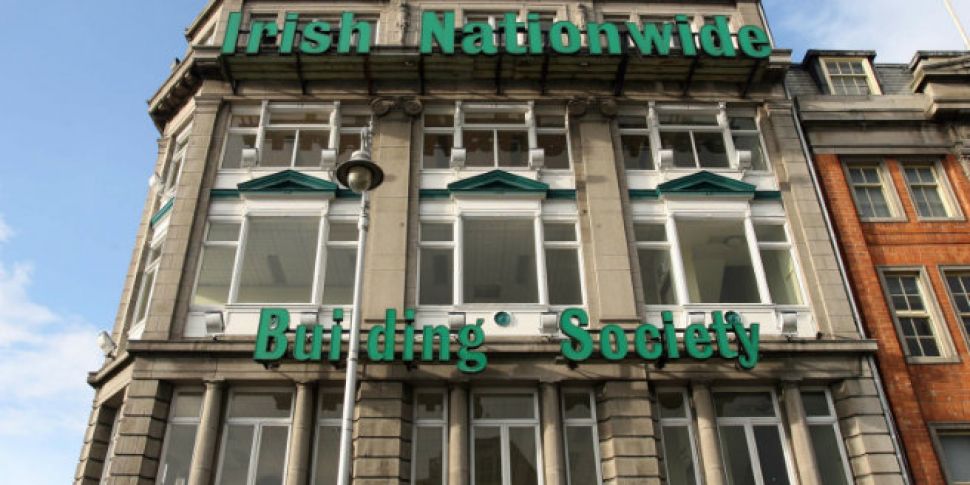The Central Bank is to hold its first public meetings into the management of Irish Nationwide Building Society today.
The financial institution required a bailout of €5.4 billion following the crash, and was put into liquidation by the State.
Two former directors of the building society, Michael Fingleton and Stan Purcell, previously challenged this inquiry in court, but their efforts were unsuccessful. They are both present at the inquiry.
Former chairman Michael Walsh was not present but is being represented by his legal team - who brought forward a case for the inquiry to be terminated in relation to him.
Two other former senior lenders were not present.
Former Chief Executive Mr Fingleton claimed the inquiry was "unfair and unreasonable", and in an affidavit sworn from Marbella in Spain, he said it would be hard to defend properly because his financial position is "by no means strong".
He also argued that the Central Bank was acting outside its powers because he is no longer involved in the management of a regulated entity – a point raised again during a costs hearing today.
His counsel claimed it was in the public interest to clarify this section of the law and asked the court to depart from its usual position, whereby costs are awarded to the successful party.
The inquiry looks to examine whether individuals running the society had contravened Central Bank rules, with more than 110,000 documents to be examined.
The panel being heard by the inquiry is made up of a solicitor, a barrister and a banking expert.
Leading figures from Irish Nationwide are expected to be called to give testimony next year.
The maximum penalty the Central Bank could impose on each person would be €500,000.









